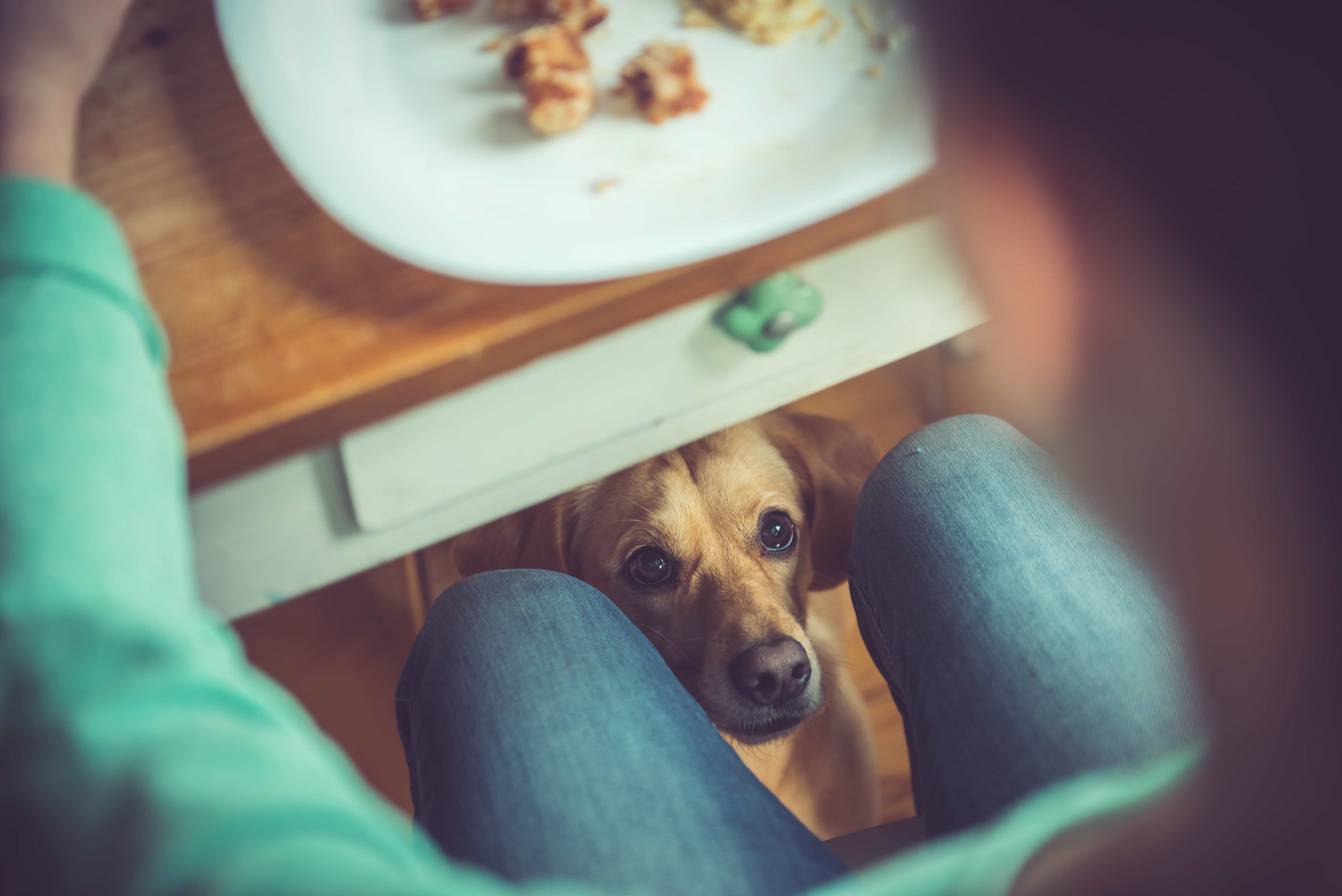
Advertorial: Hill's Pet Nutrition
Christmas time tends to be the time for giving so it is natural for owners to want to give their pets a little treat right?!
Celebrations around Christmas time can result in a whole lot of leftover food and as it is the season of giving, the temptation can be to give the leftovers to our pets. We do need to be careful, however, not just because they can put on weight with excess food consumption but there are some human foods that are actually toxic to our pets
Is there any harm in giving the off cuts or the left-over meats?
- Fatty off-cuts, bones and meats can increase the chances of developing pancreatitis in dogs
- Cooked bones are a big no-no as they are more likely to splinter and can perforate the bowel
- Stuffing tends to have ingredients such as onions and garlic which can affect red blood cells in cats and dogs and cause a form of anaemia
What about the left-over Christmas pudding?
Christmas pudding often contains a variety of ingredients which can be toxic to pets:
- Grapes and raisins can cause kidney failure
- Chocolate can cause seizures, coma or even death when consumed in high amounts
- Alcohol is also toxic to cats and dogs
- Xylitol, an artificial sweetener, can cause dogs and cats to develop low blood glucose which can be really dangerous
Is there anything else we should be avoiding?
- Coffee
- Nuts
- Milk, cheese and dairy as can cause an upset tummy
- Some flowers such as Lilies in cats which can cause kidney failure
What are some tips to avoid our pets accidentally getting these things?
- Take care with gifts such as chocolate wrapped under the Christmas tree!
- Keep a close eye on your pets and keep food out of reach
- Keep rubbish bins out of reach too as some pets can go scavenging when they smell something delicious
- Educate your guests so that they know not to give table-scraps
What should you do if your dog or cat has ingested any of these things?
Owners should seek veterinary advice straight away to determine the best course of treatment.
What are some healthy treat ideas for Christmas?
- You can make home-made treats from the Hill’s Science Diet canned dog or cat food by cutting it up into smaller pieces and baking them. Please visit hillspetcom.au for a recipe on making home-made treats
- Remember that treats shouldn’t make up more than 10% of the daily calories
- We often see food as love but there are plenty of other ways to reward your pets such as a toy or the gift of your attention and time spent playing with them!
Dr Bryony Senic, BSc,BVMS
Bryony graduated in 2007 from Murdoch University in Perth. She worked as a veterinarian in small animal practice treating primarily dogs and cats for almost 7 years before joining Hill’s Pet Nutrition in 2015. She currently works as a Professional Development Veterinarian for South Australia and Western Australia and is passionate about nutrition in pets.

